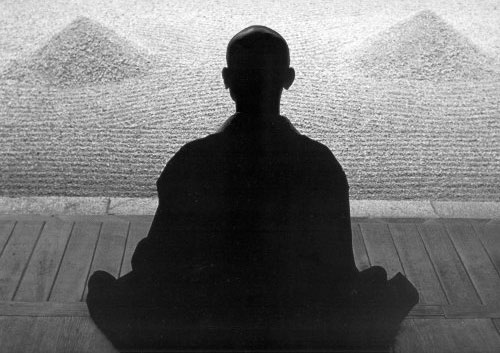4 good body movements for the brain
The smile - even pretending - gives people a feeling of relaxation and happiness.
The brain controls the body, but the body can also affect the brain by sending signals to the nervous system. In fact, the body and mind work together to create people's awareness of the world.
Researchers have looked at how the brain analyzes signals received from the body and offers a number of ways to help people improve their minds.
Smile brings calmness and happiness
According to studies, laughing without reason will fool the brain and give people a feeling of relaxation and happiness. In one experiment, participants were asked to hold chopsticks in their mouths as if the face muscles were laughing. The researchers found that these participants were better at dealing with stressful tasks than those who did not hold chopsticks and did not show a happy expression on their faces.

Photo: insidesocal
Spread your arms wide to feel the power
Some poses give people a strong feeling. Researchers suggest that some of the body's open body and contact surfaces may even affect hormone levels, making people feel stronger and more willing to take risks.
In one study, participants were asked to keep their bodies in positions that created little or more strong feelings / strength postures, then were given $ 2 to choose to keep or bet. The results show that those who hold large power poses are more likely to take money to gamble to get double the money.
The researchers said that although the postures related to power seem masculine, they also have the same effect on women.
Sleep short to be smarter
Sleeping short not only helps the tired brain to relax. Studies have shown that as well as the effect of a deep night's sleep, a mid-day nap also helps to improve memory, learning ability and mental activities.
Meditation posture helps calm the mind
Placing your body in a meditation position and deep breathing helps relax, relax your mind, according to a 2008 study published in Plos One magazine.
Researchers say it is possible that when focusing on the brain's mechanism of controlling posture and breathing, it helps to relax the mind.
- Stand on your toes 3 minutes a day to improve health
- Strange things about the body
- The first time sending signals from the human brain to the human brain
- Scientific tricks help the brain
- These nutritious food for the brain
- Amazing things about the human brain
- Has the pig brain kept living outside the body?
- Shocking facts about the human brain
- Have you ever asked what brain is made of?
- How do we use the brain?
- 5 facts to help you sleep better
- The key to unlocking the infinite memory potential of the brain
 Green tea cleans teeth better than mouthwash?
Green tea cleans teeth better than mouthwash? Death kiss: This is why you should not let anyone kiss your baby's lips
Death kiss: This is why you should not let anyone kiss your baby's lips What is salmonellosis?
What is salmonellosis? Caution should be exercised when using aloe vera through eating and drinking
Caution should be exercised when using aloe vera through eating and drinking Excavating the tomb, the archaeological team was terrified to see the mummy that had woken up in the coffin.
Excavating the tomb, the archaeological team was terrified to see the mummy that had woken up in the coffin.  What happens to dead bodies on Mars?
What happens to dead bodies on Mars?  How long does it take and how hot does it have to be to burn a body to ashes?
How long does it take and how hot does it have to be to burn a body to ashes?  Top 10 most powerful and surviving animals on the planet
Top 10 most powerful and surviving animals on the planet  Stunned to discover strange, mysterious creatures in Antarctica
Stunned to discover strange, mysterious creatures in Antarctica  Daily habits that are harmful to health that 90% of people have but think they are doing the right thing
Daily habits that are harmful to health that 90% of people have but think they are doing the right thing 